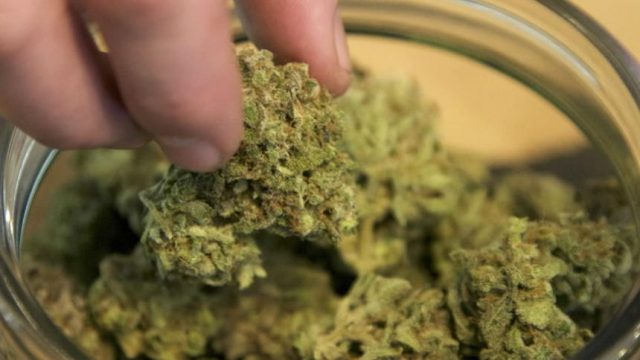It’s Time for Congress to End Federal Prohibition of Marijuana

North Dakota, like many other states, has moved toward legalization of marijuana. Voters approved a ballot measure in 2016 which legalized medical marijuana, and after some necessary adjustments to that law made by the Legislature state officials are in the process of implementing it. A petition for another ballot measure to legalize recreational use of marijuana is in circulation for the 2018 election cycle.
Nationally 29 states, and the District of Columbia, have legalized marijuana to one extent or another. Yet still, federal prohibition of marijuana remains, and now the Trump administration has rescinded an Obama-era policy of looking the other way on state legalization. Attorney General Jeff Sessions has ended the “hands off” approach and authorized federal prosecutors to go after even state-sanctioned marijuana operations.
This is why it’s important for federal policy to be the result of legislation, not executive fiat. When we have to rely on the forbearance of government officials, as opposed to clearly defined law, we run into problems.
Back in November I asked Congressman Kevin Cramer about the conflict between state-level policies on marijuana and federal prohibition, and while Cramer said he’s not personally in favor of legalizing marijuana, he said he’d support federal policy leaving the decision up to the states (audio here).
Calling current federal law “clumsy,” he said it may be time to “leave it up to the states.”
“Philosophically I don’t have a problem with states making that determination,” he said, though he added that he’d be “disappointed” if North Dakota voters legalized marijuana.
We can debate Cramer’s personal position on marijuana, but he’s got the right point of view from the position of the federal government.
This should be an issue for the states to resolve.
This is a problem Congress needs to fix.




